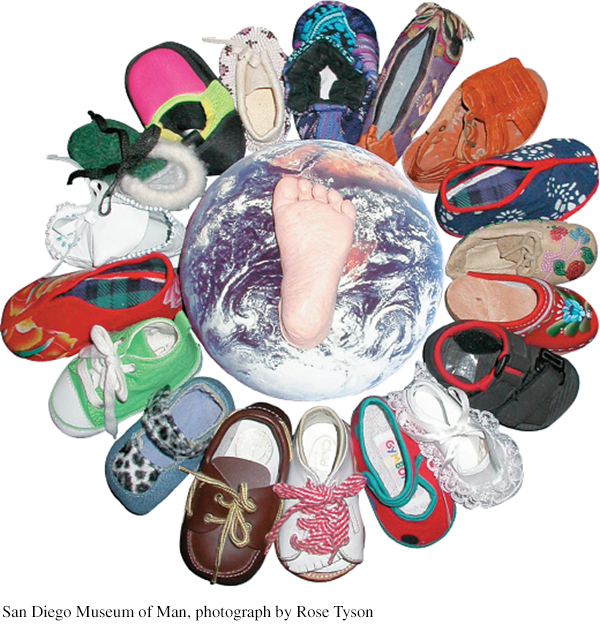4.6 Reflections on the Nature and Nurture of Sex, Gender, and Sexuality
LOQ 4-
Our ancestral history helped form us as a species. Where there is variation, natural selection, and heredity, there will be evolution. Our genes form us. This is a great truth about human nature.
But our culture and experiences also shape us. If their genes and hormones predispose males to be more physically aggressive than females, culture can amplify this gender difference with norms that reward macho men and gentle women. If men are encouraged toward roles that demand physical power, and women toward more nurturing roles, each may act accordingly. By exhibiting the actions expected of those who fulfill such roles, men and women shape their own traits. Presidents in time become more presidential, servants more servile. Gender roles similarly shape us.
In many modern cultures, gender roles are merging. Brute strength is becoming less and less important for power and status (think Mark Zuckerberg and Hillary Clinton). From 1965 to 2013, women soared from 9 percent to 47 percent of U.S. medical students (AAMC, 2014). In 1965, U.S. married women devoted eight times as many hours to housework as did their husbands. By 2011, this gap had shrunk to less than twice as many (Parker & Wang, 2013). Such swift changes signal that biology does not fix gender roles.
If nature and nurture jointly form us, are we “nothing but” the product of nature and nurture? Are we rigidly determined?
We are the product of nature and nurture, but we’re also an open system. Genes are all-
We can’t excuse our failings by blaming them solely on bad genes or bad influences. In reality, we are both creatures and creators of our worlds. So many things about us—

* * *
We know from our correspondence that some readers feel troubled by the naturalism and evolutionism of contemporary science. They worry that a science of behavior (and evolutionary science in particular) will destroy our sense of the beauty, mystery, and spiritual significance of the human creature. For those concerned, we offer some reassuring thoughts.
When Isaac Newton explained the rainbow in terms of light of differing wavelengths, British poet John Keats feared that Newton had destroyed the rainbow’s mysterious beauty. Yet, nothing about the science of optics need diminish our appreciation for the drama of a rainbow arching across a rain-
When Galileo assembled evidence that the Earth revolved around the Sun, not vice versa, he did not offer absolute proof for his theory. Rather, he offered an explanation that pulled together a variety of observations, such as the changing shadows cast by the Moon’s mountains. His explanation eventually won the day because it described and explained things in a way that made sense, that hung together. Darwin’s theory of evolution likewise offers an organizing principle that makes sense of many observations.
Many people of faith find the scientific idea of human origins fits with their own spirituality. In 2014, Pope Francis welcomed a science-
Meanwhile, many people of science are awestruck at the emerging understanding of the universe and the human creature. It boggles the mind—
What caused this almost-
Rather than fearing science, we can welcome its enlarging our understanding and awakening our sense of awe. In a short 4 billion years, life on Earth has come from nothing to structures as complex as a 6-